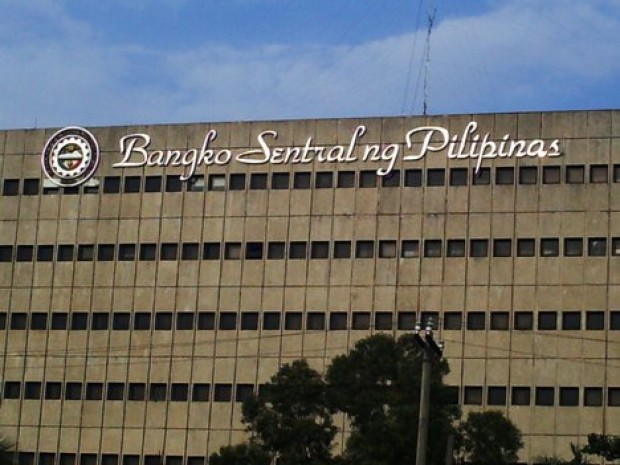Following the money laundering scandal that shook the financial system, the Bangko Sentral ng Pilipinas (BSP) has ordered banks to “take extra caution” when dealing with foreign exchange dealers, money changers and remittance agents.
Citing the anti-money laundering regulations under the Manual of Regulations for Banks (MORB), BSP Deputy Governor Nestor A. Espenilla Jr. said “banks dealing with foreign exchange dealers, money changers and remittance agents should take extra caution and vigilance and shall perform enhanced due diligence, upon onboarding and during transaction monitoring, consistent with regulations and the bank’s procedures as provided under its Money Laundering and Terrorist Financing Prevention Program (MLPP).”
“The bank’s MLPP should contain appropriate risk management practices to ensure that money laundering and terrorist financing risks arising from dealings with foreign exchange dealers, money changers and remittance agents are effectively identified, assessed, monitored, mitigated and controlled,” Espenilla said in a memorandum Tuesday.
The memorandum cited that “by the nature of their business, they [foreign exchange dealers, money changers and remittance agents] inherently pose higher money laundering and terrorist financing risk.”
In a meeting last month, the BSP and the Bankers Association of the Philippines (BAP) discussed the possibility of liberalizing, with attendant safeguards, the undocumented foreign exchange limit in order to discourage legitimate foreign exchange deals from going into the “black market” or foreign exchange brokerage and money changers outside the formal banking system.
The BAP had also proposed to hike to $2 million from $120,000 at present the amount of foreign exchange that banks can sell to residents without prior BSP approval. The BSP currently requires banks to secure underlying documents from clients who want to buy more than $120,000 per day from the banking system.
About 85 percent of foreign exchange transactions in the country are being conducted outside the banking system, industry estimates showed, as foreign exchange and money changing services are not illegal as long as they are registered.
The BAP had hence suggested to tighten regulations on money changers.
When sought for comment about the BAP’s recommendations, Espenilla said in a recent text message that “it’s quite premature [for the BSP] to talk about [the proposals] at this point.”
“We’re doing a general review of regulations to see how we can further mitigate risks,” Espenilla said.
To ensure that transactions with foreign exchange dealers, money changers and remittance agents are sound as well as in line with risk management policies and practices, the BSP ordered banks to:
- Only deal with foreign exchange dealers, money changers and remittance agents registered with the BSP;
- Conduct appropriate due diligence when dealing with remittance agents as remittance partners to ensure that such will not be used as channel for money laundering and terrorist financing activities;
- Conduct risk assessment of foreign exchange dealers, money changers and remittance agents’ customers, considering relevant factors such as business operations, types of customers, product/service availed, distribution channel, jurisdictions they are exposed to and expected account activity;
- Perform enhanced due diligence (including a review of the anti-money laundering and combating the financing of terrorism measures and programs adopted by foreign exchange dealers, money changers and remittance agents, as well as submission of proof of registration with the Anti-Money Laundering Council), an unsatisfactory result of which should be a ground for denying the business relationship;
- And perform continuing account and transaction monitoring.
The BSP reminded banks that those who would violate these rules will be slapped with monetary penalties as well as non-monetary sanctions under the MORB’s anti-money laundering regulations. RAM
RELATED STORIES
BSP warns banks on security risks
PH not a money-laundering hub – AMLC
